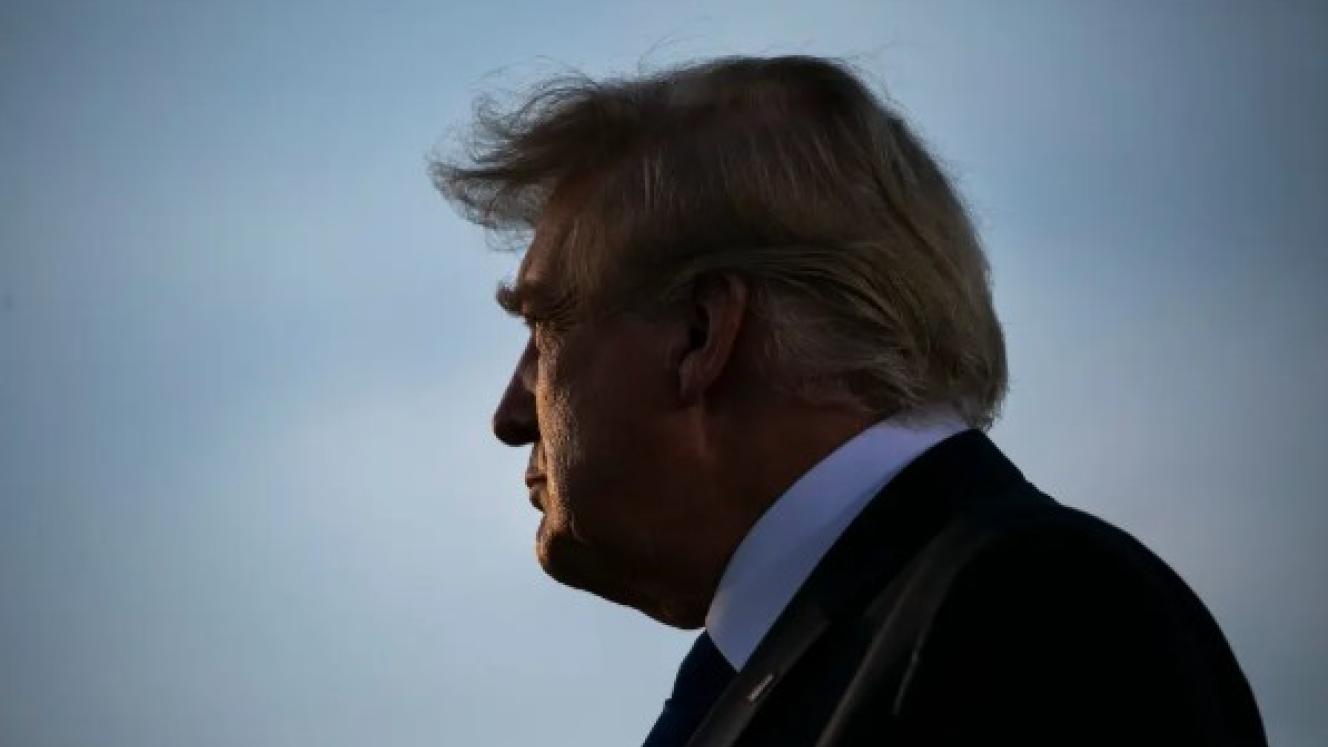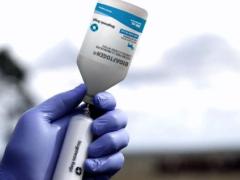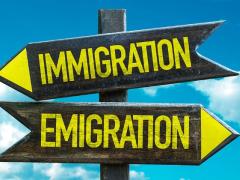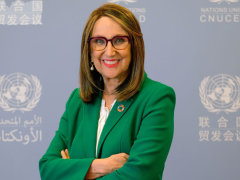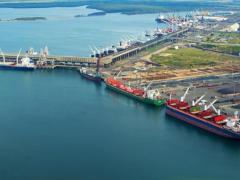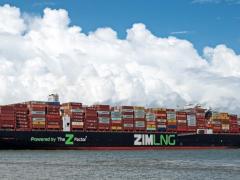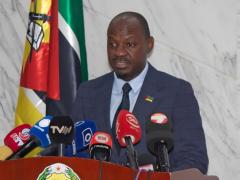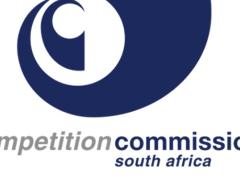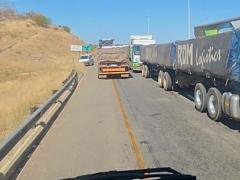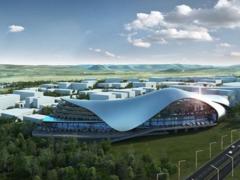A firm stand against a US Section 301 investigation into its digital trade and tariff policies has seen Brazil brand the probe "illegitimate" in a comprehensive 91-page rebuttal submitted on 18 August.
The investigation, which scrutinises Brazil’s ethanol trade and Pix payment system, was dismissed by Brazilian officials as a matter falling under the World Trade Organization’s (WTO) jurisdiction rather than unilateral US action.
Brazil has escalated its response by requesting WTO consultations to challenge the US tariffs, which impose a 50% levy on Brazilian exports.
In a related development, President Luiz Inácio Lula da Silva announced the ‘Sovereign Brazil’ initiative, a BRL30 billion (£4bn) support package aimed at bolstering exporters hit hardest by the US tariffs.
Unveiled around August 14, the package offers tax deferrals, extended tax credits, enhanced insurance options, and incentives for domestic procurement.
Lula condemned the tariffs as "politically motivated" but confirmed that Brazil would refrain from imposing retaliatory tariffs for the time being, opting instead for diplomatic measures.
Negotiations between Brazil and the US have reached an impasse, with Finance Minister Fernando Haddad revealing that a scheduled virtual meeting with US Treasury officials was abruptly cancelled.
Haddad sharply criticised US demands, including a call to halt the Supreme Court trial of former President Jair Bolsonaro, describing them as constitutionally unfeasible.
In response, Lula is redirecting Brazil’s diplomatic efforts, accelerating trade negotiations with the European Union through the Mercosur bloc.
The tariffs are already disrupting trade flows, particularly in Brazil’s coffee sector.
The Brazilian coffee exporters association reported on August 12 that US buyers were postponing shipments, relying instead on existing stocks.
This has led to a significant drop in exports, with Arabica coffee shipments to the US down 20.6% and Robusta nearly halved year-on-year in July. Exporters face increased financing costs, with inverted futures markets potentially adding £7 per bag for delayed shipments.
The impact is also being felt across the Atlantic, where small businesses in the US, particularly New York cafés, are grappling with a 14.5% year-on-year price surge in Brazilian coffee due to the tariffs.
Combined with rising operational costs and climate-related price pressures, these businesses face growing threats to their viability.
As tensions persist, Brazil’s government remains focused on defending its economic interests while seeking multilateral solutions through the WTO and strengthened trade ties with other global partners.

